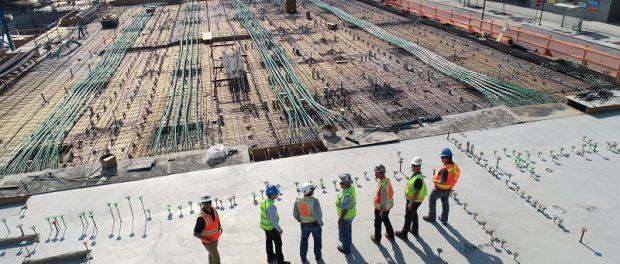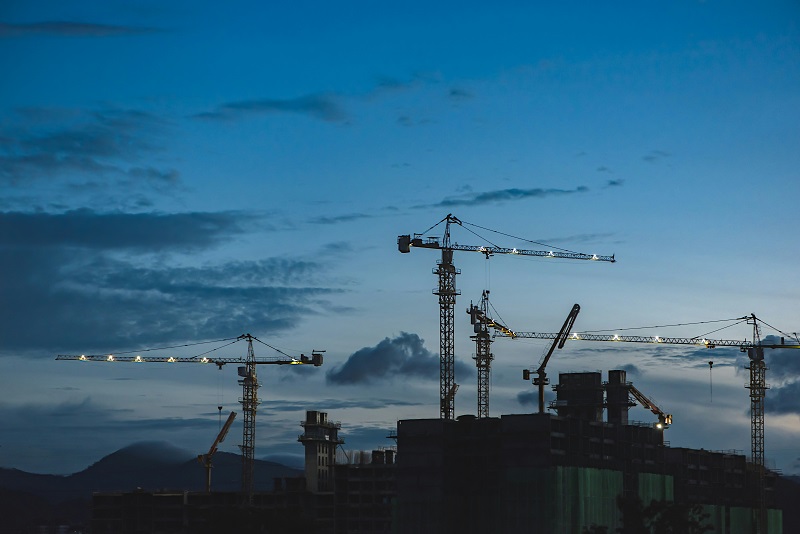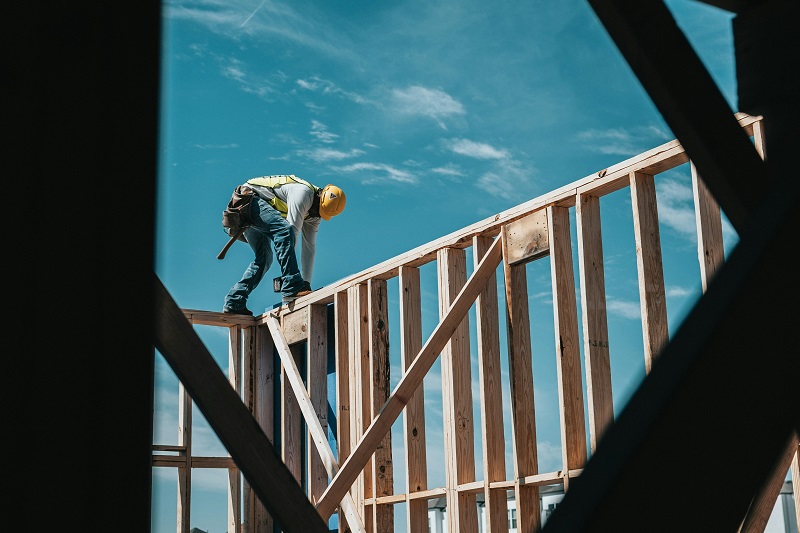Going Green: The Sustainable Housing Trend in the UK property market.

Attributed to We Buy Any House.
Since the late 2000s, sustainable housing has been gaining momentum in the UK property market. This is reflecting the evolving needs and preferences of customers, and the trend shows no sign of slowing down.
You may be wondering why people are moving towards sustainable and energy-efficient housing.
We can attribute it to various reasons:
- There continues to be supply issues across the UK as housing demand continues to rise. This is causing house prices to rise, making affordability tough for many, especially first-time buyers. People are turning to sustainable housing as they offer the opportunity to benefit from long-term cost savings due to their energy-efficient features and related government incentives. This makes sustainable properties a better financial decision in the long term.
- Consumers are becoming more environmentally conscious. They are taking note of how their actions impact the environment and are making a conscious decision to reduce their footprint. Therefore, a property which boasts sustainability features and ratings are highly attractive.
- Cost-of-living is one of the most important influences on the UK property market right now, and it’s also a huge contributor to the rise in demand for sustainable housing. Buyers are eager to reduce their energy bills each month, making sustainable properties highly desirable. This is because many sustainable houses will prioritise energy-efficient design, leading to reduced monthly bills.
Sustainable Property Features
If you think sustainable housing is the route for you, here are some sustainable features to consider in a new property or if you just want to retrofit your current house.
- Energy-Efficient Design: The benefit of considering energy-efficient design features is that there are always new and improving technologies available. One of the most popular features you will see around the UK is solar panels. They offer a sustainable method of heating your property and reducing your energy bills. Another option is more of a preventative, where you improve the insulation of your property. If your property is insulated adequately, you will reduce unnecessary heat loss in the winter and gain in the summer. This will then reduce how much you rely on heating systems, reducing your energy bills at the end of each month.
- Implement Water-Saving Technologies: Water conservation features are also commonly found in a sustainable home. These will allow you to reduce your water wastage, which ensures you’re promoting sustainable water use and reducing water usage bills. This can be achieved by installing low-flow fixtures or using rainwater harvesting for uses like toilet flushing to reduce reliance on freshwater resources.
- Smart Home Systems: As we have mentioned, technology in this area is constantly developing, allowing for systems like Smart Homes to be created. These are increasing in popularity in both new and older properties. The aim of these systems is to provide you with the opportunity to manage and control your property remotely. Not only is this convenient, but it also allows you to reduce energy consumption.
These are some examples of how a smart home system can work:
- Adjust the heating and cooling in your house based on the weather and whether you are at home or not.
- Control your lighting and the level it’s emitting depending on the time of day.
- Monitor the indoor air quality for ideal ventilation levels.
- Expert Advice: We recommend speaking to an expert when venturing into the sustainable home market. Whether you’re purchasing a new property or want to retrofit your current home, consulting someone with the knowledge and experience will help you identify the best features to suit your needs and help you navigate the current regulations and opportunities.
If you’re considering upgrading to a more sustainable home, We Buy Any House can help you sell your current property quickly and efficiently.
This will help you simplify the moving process and allow you to focus on finding your ideal sustainable living space.
Advantages of Sustainable Features for Property Owners
We often associate sustainable living with environmental benefits, but there are other positives that can impact your quality of life and financial well-being.
- Cost Savings: Sustainable housing is a great way for you to prioritise cost savings and your future financial stability. A property that puts sustainability at its forefront will secure you extra money each month, adding up to a secure and stress-free future.
- Increased Property Values and Market Appeal: Sustainable properties are a great opportunity for investment right now as their value is expected to rise in the future. They are currently fetching a higher price compared to a more traditionally designed property. Therefore, if you decide to sell in the future, you could potentially profit from your initial investment.
- Quality of Life: Properties equipped with smart home systems and optimised insulation can provide a more comfortable living environment with consistent temperatures and reduced noise pollution, contributing to a higher quality of life.

Challenges of Sustainable Housing for Property Owners
Although it’s clear that sustainable housing has many amazing benefits, there are still some challenges which can deter people.
Here are some common challenges:
- Higher Initial Costs: The upfront costs of implementing sustainable features can be a significant burden, particularly for first-time homebuyers. These initial costs are typically quite a bit higher than your traditional options, leading people to go with the cheaper, less sustainable option.
- Limited Labor and Expertise: We have mentioned that there are continuously new technologies emerging in this sector, which does bring about some challenges. It can be difficult to find skilled professionals with the necessary expertise.
- Navigating Financial Support: Overcoming the higher initial costs can be alleviated by the government incentives and financial support available. However, navigating these supports can be difficult with various requirements and applications. This may discourage some people from pursuing sustainable housing options.
Conclusion
As the UK property market continues to prioritise sustainability, we anticipate a growing trend towards more eco-friendly homes. While the initial cost of sustainable housing may be higher, the long-term benefits make it a worthwhile investment.
To make an informed decision, we recommend researching sustainable housing options and consulting professionals for guidance.


